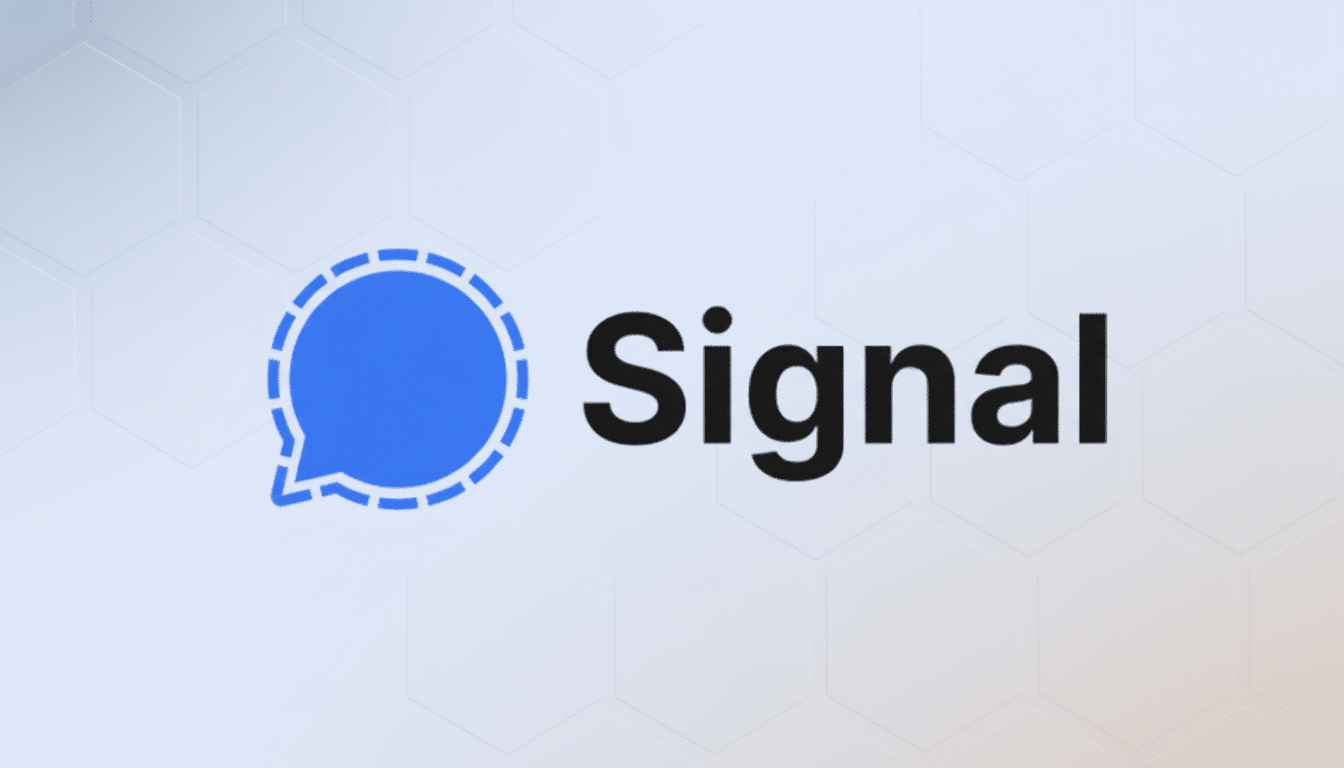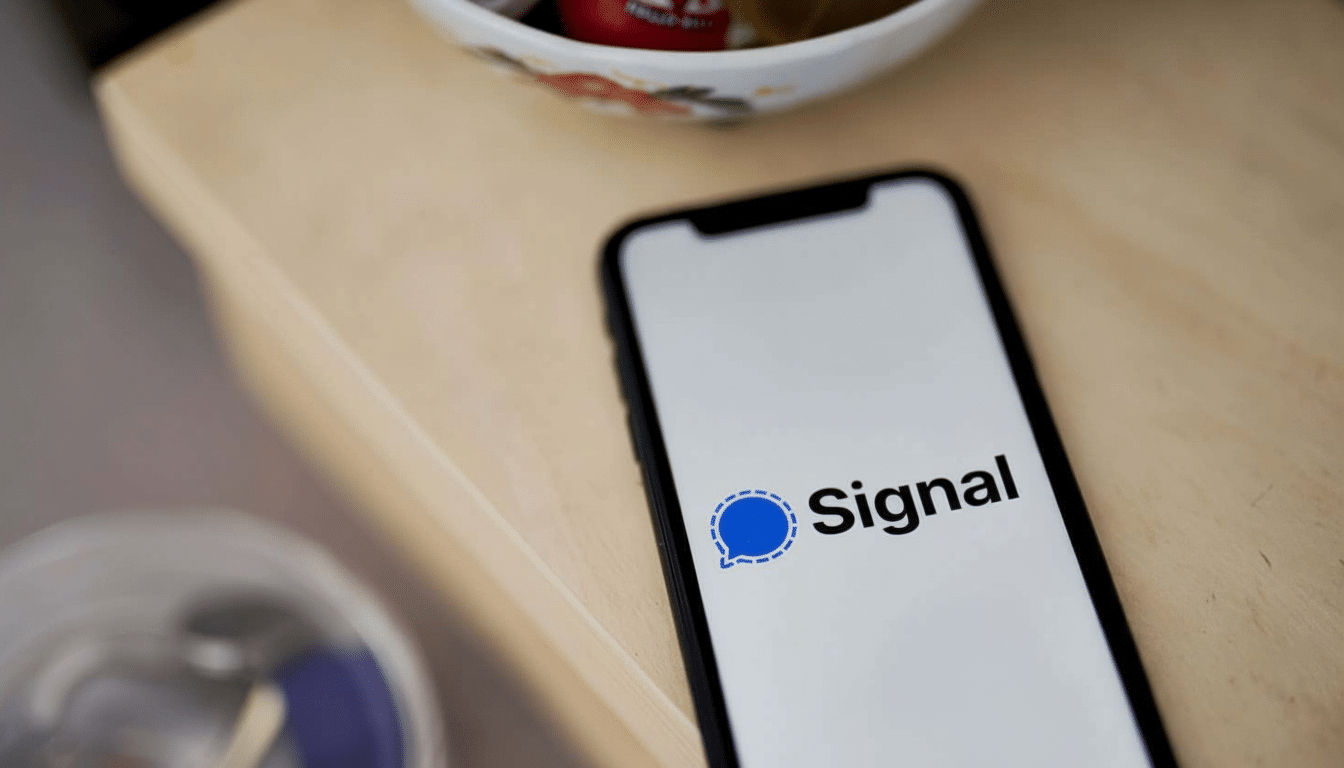Signal is introducing something that users have been asking after since the service’s early days: a way to enable cloud-based backups without relinquishing end-to-end encryption. The theme in the company seems to be pivoting toward a partial shift to a more privacy-first messenger and away from selling stickers and games: The company has just announced its first free service, which includes chat history and the most recent media, and its first paid plan, with extended storage to encompass entire media archives.
What’s involved in the new backup plans
In the free plan, messages get 100MB and media is stored for the last 45 days. Signal says its messages are compressed well, so that might even work for active chats. There’s automatic daily backup, after enabling the feature in Settings, which is good for some peace of mind.

For those who need a longer media history, Signal is adding a 100GB storage plan for $1.99 per month. That capacity is intended to hold year upon year’s worth of photos, videos and voice notes without comprising the service’s zero-knowledge guarantees.
Backups are encrypted with a device generated 64-character recovery key that you, and only you possess. Lose it, and neither Signal nor your payment provider can help recover the data — another design trade-off, this one intended to ensure backups are inscrutable to anyone except the account holder.
Why it matters for a privacy app
In the past, Signal declined to support cloud back ups to avoid exposing metadata and due to concerns that the message content might be accessible to third parties. The Android users had encrypted backups made on their device; the iOS users had been dependent on device-to-device transfers. The new method offers cloud convenience, with no need to punch holes in the threat model.
By storing encryption keys on-device and taking other actions to separate backup records from identifiers like phone numbers or payment details, Signal follows best practices advocated by cryptography researchers and digital rights organizations. This design emulates the “zero-knowledge” designs currently implemented in secure storage solutions that do not employ a storage-operator-held decryption keys.
How it stacks up against other messengers
WhatsApp provides an on-or-off humorous end-to-end encrypted (you are required to add a password or key that you choose, but it is off by default) backups feature. Apple’s Advanced Data Protection could bring end-to-end encryption to iCloud backups, which include Messages in iCloud, if users agree to it; by contrast, most cloud chats are stored by Telegram non-E2EE by default, and secure end-to-end encryption (E2EE) is only available via “secret chats.”

Signal’s addition fills a long-standing usability gap for people who cycle through or lose phones regularly, but maintains the app’s tougher security stance. For those consumers that still care about portability and privacy (yes that’s us the reader) the paid plan of 100 GB is interesting, as it doesn’t seem to be a premium upsell (more on the price level of the storage) vs. cost to recover money by using raw storage to monetize.
Security model & practical hints
The recovery key representations the one-stop entry. Keep a copy of it encrypted in multiple places — a password manager, a printed copy in a safe — as there is, again, no account recovery flow and no escrow. It is this same “no backdoors” commitment that has helped Signal win high praise from independent security audits and privacy advocates.
Backups are intended to be unlinkable to you or to your payment method. Which means Signal can finance storage without knowing who you are or what you have stored, an accountability that jibes with the nonprofit’s antipathy to ad-based profiling.
Availability and what’s next
The feature is coming to the Android beta with more platform support planned in the future. Signal is also working to make it optional to let users decide where a backup archive lives, and is also looking to enable cross-platform history transfers — both features that, until now, people moving on and off iOS have long asked for.
Delivered as pitched, the rollout could change expectations of secure messaging: You don’t need to choose between convenient messaging and privacy. For a service that made its name on the safety and security side of things, adding backups without compromising on encryption are the part of the announcement that matter — not the price tag.
Bottom line: Signal’s new backups bring modern reliability to a pillar of privacy, fusing zero-knowledge design with fair pricing and setting a new standard for how encrypted messengers cope with your history when your phone can’t.

